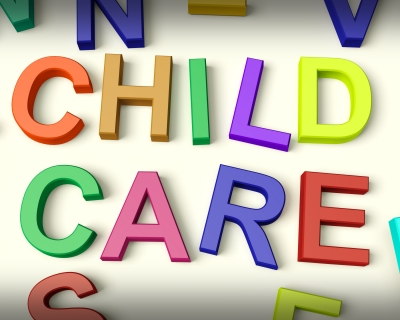 The Good, The Bad and The Ugly is a catchy phrase and makes reference to one of the most popular “spaghetti” western movies. This phrase seems to describe lots of situations we experience. In this case….Income Tax Season.
In January, I talked about the different tax forms you need to watch for. Most will come to your mailbox while others will be sent to you electronically. You may even be able to download them yourself from secure websites.
Some of my clients last year didn’t really understand why I couldn’t finish everything in progress by April 15th. Sometimes it is just not possible. There are only 24 hours in any one day. No one person can work well without sleep day after day..
The clock ticks away every minute. We simply run out of time. I tell everyone in my first letter of the tax season that I may file an extension for returns not completed by April 1st.
What does “extension” mean? Quite simply, it is a request for more time to file a tax return. An extension is not automatic. And it is not a request for more time to PAY your taxes.
It is important to know that if your taxes are not paid in full by the due date of your return, the extension will not be valid. In other words, if you owe tax on April 15th and do not pay that tax by April 15th, no request for more to time to file will be valid. In other words, your return will be considered late, or delinquent. Interest and penalties may apply to that balance paid after April 15th.
How can you change this undesirable position? Even if you have given your preparer everything necessary to file a proper return, you may still want to file an extension. The key is having your tax paid in full. You can send a payment in with your extension request. Realize this is a request, it is not automatic. An extension will only give you more time to submit your tax return.
Do you need to increase your paycheck withholding? Do you need to adjust the amount you pay with your quarterly estimated tax payments? Did you have something unusual happen during the year that caused you to owe more tax this year than in earlier years?
The bottom line is, if you know for certain you will not owe taxes on April 15th, you can request that extension for more time to submit your return without penalty. Be sure to mark your calendar so you remember your new extended due date. Any return filed after that date will be considered delinquent. And a late return with taxes due will cost you interest and penalties.
The Good, The Bad and The Ugly is a catchy phrase and makes reference to one of the most popular “spaghetti” western movies. This phrase seems to describe lots of situations we experience. In this case….Income Tax Season.
In January, I talked about the different tax forms you need to watch for. Most will come to your mailbox while others will be sent to you electronically. You may even be able to download them yourself from secure websites.
Some of my clients last year didn’t really understand why I couldn’t finish everything in progress by April 15th. Sometimes it is just not possible. There are only 24 hours in any one day. No one person can work well without sleep day after day..
The clock ticks away every minute. We simply run out of time. I tell everyone in my first letter of the tax season that I may file an extension for returns not completed by April 1st.
What does “extension” mean? Quite simply, it is a request for more time to file a tax return. An extension is not automatic. And it is not a request for more time to PAY your taxes.
It is important to know that if your taxes are not paid in full by the due date of your return, the extension will not be valid. In other words, if you owe tax on April 15th and do not pay that tax by April 15th, no request for more to time to file will be valid. In other words, your return will be considered late, or delinquent. Interest and penalties may apply to that balance paid after April 15th.
How can you change this undesirable position? Even if you have given your preparer everything necessary to file a proper return, you may still want to file an extension. The key is having your tax paid in full. You can send a payment in with your extension request. Realize this is a request, it is not automatic. An extension will only give you more time to submit your tax return.
Do you need to increase your paycheck withholding? Do you need to adjust the amount you pay with your quarterly estimated tax payments? Did you have something unusual happen during the year that caused you to owe more tax this year than in earlier years?
The bottom line is, if you know for certain you will not owe taxes on April 15th, you can request that extension for more time to submit your return without penalty. Be sure to mark your calendar so you remember your new extended due date. Any return filed after that date will be considered delinquent. And a late return with taxes due will cost you interest and penalties.
0


